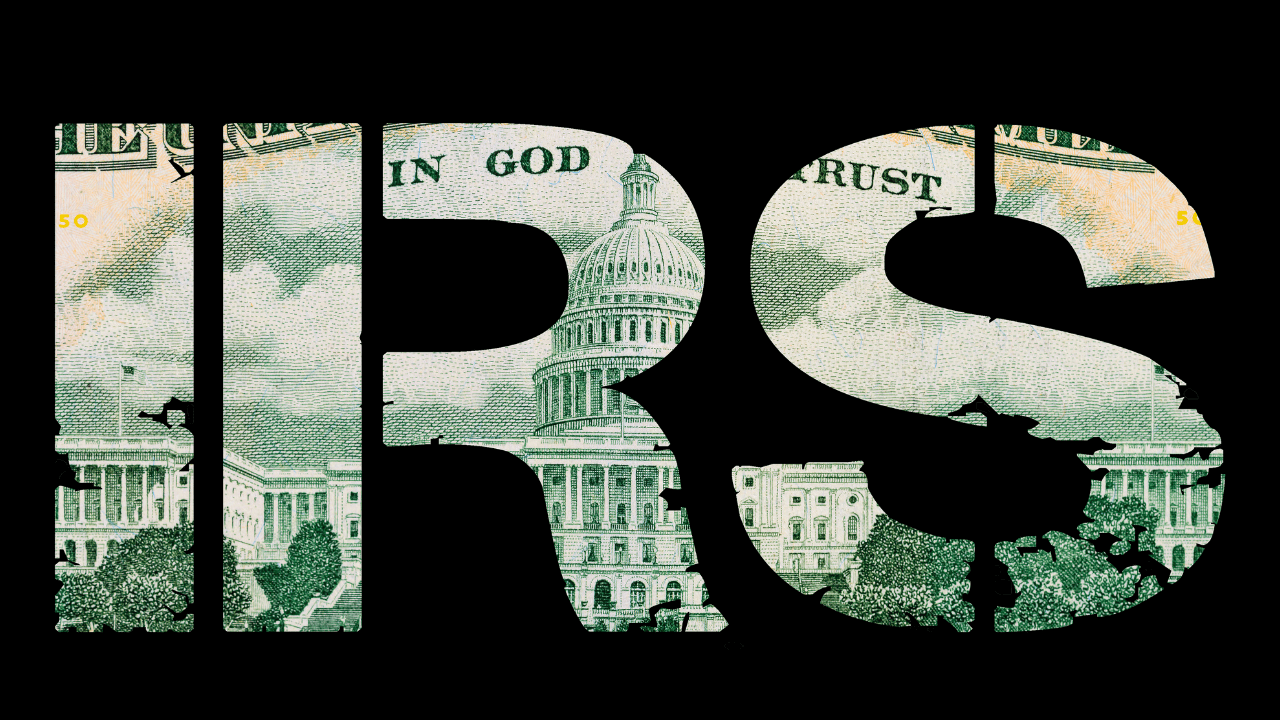Language:
The Top 17 Tax Write-Offs for the Self-Employed

Most people see taxes as an unforgiving abyss of worksheets, forms and jumbles of letters and numbers. But as a business owner, it’s more fun to look at it like a scavenger hunt, especially with all the potential write-offs.
Taxes can feel scary, but as an independent contractor, tax deductions can help you be in tune with your expenses and income, tracking how they’re changing each year. Take a look at the top tax write-offs for the self-employed and other business owners.
How Do Tax Write-Offs Work for the Self-Employed?
Tax write-offs are the government’s way of saying, “Hey, I see that you’re spending money in your business, so in exchange, you shouldn’t have to be taxed on everything you make, just some of it.” When you write off an expense, you’re lowering the taxable income you’ll have to pay, making the dollar amount you owe smaller.
1. Self-Employment Tax
If you’re working a W-2 role (like a full-time role), employment taxes are covered half by your employer and half by yourself. But when you’re a business owner, you’re both your employer and your employee and need to cover it all.
Let’s differentiate income tax from self-employment tax:
Income tax is grouped between federal and state taxes. Federal taxes pay for things like national defense, law enforcement and other programs that support the country as a whole. State income taxes differ based on where you live but likely include paying into the public schools, city planning projects and road upkeep, to name a few.
Self-employment tax is a 15.3% tax that self-employed people are required to pay. It’s divided into two parts:
12.4% is for Social Security + 2.9% is for Medicare = $15.3%.
This is the first income tax deduction we’re going to talk about, and you can deduct up to 50% of the amount.
Here’s an example of how it works:
You have an online coaching business that made $70,000 net last year.
According to Form SE (the form that helps you figure out the tax due on your net earnings from self-employment), your net earnings that are subject to self-employment taxes are $70,000 x 0.9235 = $64,645.
From here, you can easily find your self-employment tax rate. Take that earning of $64,645 (your net earnings that are subject to self-employment taxes), and multiply it by 0.153 (or 15.3%). That leaves you with $9,890.68 as your self-employment tax, of which you can tax half, coming out to $4,945.34.
That first number might be scary, but the $4,945.34 is a write-off if you’re self-employed.
Even if you feel like you’ve spent nearly nothing on your business, you probably have. Here are some more write-offs for being a self-employed business owner.
2. Your Home Office
The square footage of the space you work in can be taxed at $5 per square foot. The maximum you can tax is 300 square feet, or $1,500, per year. By the way, this doesn’t apply to full-time workers— just self-employed ones.
3. Startup Expenses
You can deduct up to $5,000 in “organizational expenses” the first year you start a business, as long as the money is used to help you begin your business. Preliminary costs, like getting an aesthetician license, don’t count because you’re still in training.
You might be able to write off costs for starting up your LLC or C-Corp, but it’s best to discuss that with a tax professional.
4. Office Supplies
Office supplies are 100% tax-deductible and can be written off up to $2,500 worth. This includes all “ordinary and necessary” electronics like a laptop, desktop or iPad that you need for work. Plus, if your office desk breaks and you need to repair it, you can write that off, too.
5. Advertising and Marketing Costs
Similar to your office supplies, advertising and marketing costs need to be “ordinary and necessary” in order for them to be self-employed deductions. This includes if you have a website, paid for a logo artist, pay an agency to advertise for you, paid for a social media planner like Planoly or Later or use marketing tracking tools like Hubspot. Just be sure to note the difference between marketing expenses and selling expenses, as they’re both in separate sections on your business tax return.
6. Educational and Training Expenses
If your industry requires ongoing training, education or membership dues, such as real estate agents who need to take continuing education to keep their license, then kudos to you — you get to write those expenses off.
Depending on the class and industry, online courses can be tax deductions for independent contractors if they’re directly benefitting your improvement. If you’re a writer, you can probably write off Marie Forleo’s Copy Cure but not a course about gardening.
As with startup costs, these training and educational courses won’t be tax-deductible if they’re taken to establish a new business. So, if you’re an interior designer, paying for a course to teach you how to start an interior design business would likely not count. But paying for an ongoing training program, admissions into job boards and interior design software will.
7. Retirement Plan Contributions
In 2023, you can contribute up to 25% of your net earnings from self-employment to retirement. You’ll need to fill out form 5205-SEP or a prototype SEP plan that’s given to you by a bank or financial institution — make sure it’s IRS-approved.
8. Health Insurance
Most eligible self-employed workers or business owners can write off health insurance— simple as that.
9. Business Insurance
Business insurance is tax-deductible when it clearly serves the purpose of helping your business. This can include general liability, worker’s comp, professional liability and data breach, to name a few.
10. Credit Card and Loan Interest
As long as you’re borrowing money from a real lender (not family) and are actually spending that money, you can write credit card and loan interest off.
11. Phone Bills
Getting an itemized phone bill can help you track the percentage of the time you’re on it, as long as you’re using them in an ordinary and necessary way. If you’re using your phone 50% of the time for work, you’ll be able to write off 50% of your monthly fees. But if your only cell phone is occasionally checked for business purposes even once in a blue moon, it might be a little harder to write off.
12. Club or Membership Fees
If it’s for membership in a club or mastermind course that clearly helps you better your craft, or if it’s a membership that’s required for keeping a license in your field, like for a real estate agent or barber, then you’re likely able to write it off (as long as you’re not buying a poetry course as a developer).
13. Internet Expenses
This can be found in the home office deduction in your 1040.
14. Vehicle Mileage
This is 63 cents per mile in 2022, not including the first drive from your home.
15. Other Vehicle Expenses
If you’re using it for both business and personal, you’ll need to deduct it based on your usage in a business setting, but if you’re using the car solely for business purposes, then you can likely write many vehicle expenses off.
16. Travel and Meal Expenses
If you’re an influencer traveling for blog or social media content, you can write off those expenses. Similarly, if you’re traveling to meet clients or for other business purposes, the majority of the expenses associated with your work trip may be eligible for a write-off.
17. Business Software and Tools
Here are some common ones from self-employed remote workers:
📒 Notion— for project management and team spaces
⏰ Toggl— for time-tracking
📝 Milanote— for mind mapping and visual planning
🔢 QuickBooks— for bookkeeping, accounting, invoicing and more
🫶 Planoly— for planning social media content for yourself or for clients
Explore tax-write offs for self-employed and small business owners
For many business owners, tax season is no fun. Fortunately, there are a myriad of different resources available. Whether you need help tracking your business’s finances, bookkeeping, or tax filing itself, doola has you covered. Built for both self-employed individuals and entrepreneurs alike, doola is the one-stop shop for managing and growing your business.
FAQs
What are some tax write-offs for self-employed persons?
Some of the biggest tax write-offs include a home office, business tools like computers and technology, marketing, education and training.
What is the 20% self-employment deduction?
The self-employment deduction, also called qualified business income, allows anyone who made less than $157,500 if they’re single or $315,000 if they’re married to deduct 20% of their self-employment earnings.
How much can an LLC write off?
You can write off a good amount if you’re investing wisely. Qualified write-offs for LLC owners include business subscriptions and software, your laptop, home office setup and more.
Keep reading
Start your dream business and keep it 100% compliant
Turn your dream idea into your dream business.















